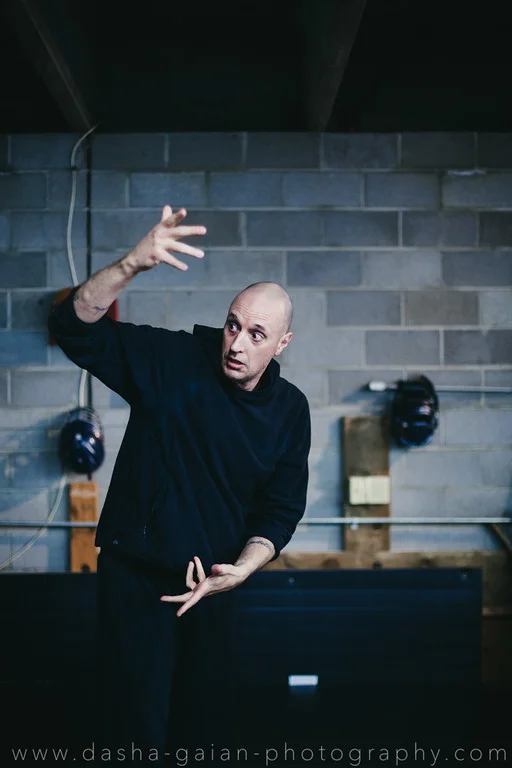The YMCA Consensus
/Sometimes for an intellectual project to move forward, a whole body of study has to be given a proper name. In this post I intend to coin a new term, The YMCA Consensus.
In 2011 David Chapman wrote a fantastic summary of the conflicts in modern Buddhism in which he coined the term Consensus Buddhism. His work is a powerful investigation of the way religion and culture interact, and how East meets West. It is essential reading for people interested in the history, dissemination and evolution of martial arts.
The problem I was confronting...
Read More








